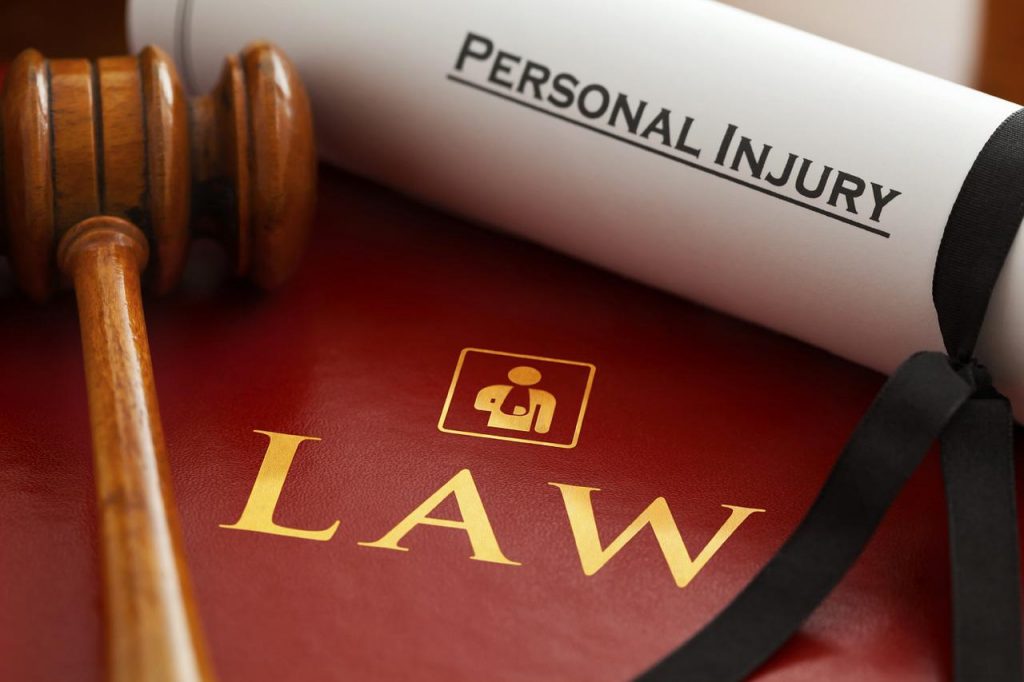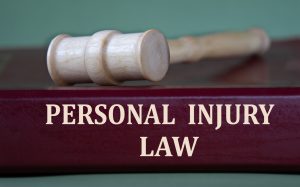A large percentage of personal injury lawsuits settle out of court. While this option comes with several advantages, such as reducing the cost and the time spent in a case, there are situations where settling may not be the best option. If you are hurt in an accident resulting from another person's fault, you will probably receive a call from the responsible party's insurer with an offer to settle. However, you shouldn't accept their offer without legal advice.
Why Should You Involve A Lawyer?
Working with a lawyer in a personal injury case involving minor scrapes and bruises may not be necessary. But when your injuries are catastrophic, the case can be pretty complicated and will require the skills of a lawyer, irrespective of whether you intend to settle out of court or go to trial.
Additionally, the other side will always have a lawyer, and it's only prudent that you seek to navigate your lawsuit on level ground. If you have suffered a serious injury in Philadelphia, the personal injury attorney at Wieand Law Firm can help you recoup the rightful compensation, whether through negotiations or trial.
Why You May Not Want To Settle
1. You May Settle For Less
Often an insurer will call an injured party with an offer to settle, usually a few days after an accident. While it may sound like a godsend, the settlement offer is likely a trap you may want to avoid. The first offer is, in most cases, many times lower than what your claim should be worth, and accepting it will include signing off your right to file a claim.
Also, days after an accident are way too early to tell the actual cost of your injuries, considering that some injuries can take years to heal. That is why you need to involve a lawyer to help you calculate the actual value of your injury claim, including future medical costs, and pursue the appropriate amount, whether through settlement negotiations or even trial.
2. It Is The Only Way To Get The Defendant To Admit Liability
Out-of-court settlements do not necessarily result in the admission of liability by the at-fault party, even if they agree to write a check for damages. The only way of getting them to admit or be assigned liability is by going to trial.
When a case goes through a jury trial, the jury deliberates and gives a verdict on whether the defendant is liable. It is important to note that the jury verdict may not affect the amount of compensation you recover in a lawsuit. It only serves to hold the other party accountable.
If holding the other person accountable for their action means a lot to you, then the trial route is the way to go.
3. You May Never Get Closure
Accidents can be traumatic, especially when the injuries involved are life-altering, such as accidents resulting in disabilities or physical disfigurement. Going to trial means you spend months or even years preparing and talking about your case, which also involves getting to tell your story.
To many people, telling their side of the story feels like a way of cooling off, which helps them get some form of closure to the case. If you feel like having your day in court is the only way to find closure, settling your claim may not be what you are looking for.
Final Words
Most personal injury cases settle out of court because it takes less time and helps all parties avoid the uncertainties that accompany going to trial. When deciding to go to trial, it is essential to involve a skilled attorney who can help you evaluate your chances of success at trial.





















